TONY POMFRET – Interview
The director of Night Surf is Tony Pomfret, born March 1, 1973 from the UK. Tony attended the University of Westminster and graduated in 2001. He spent his childhood educating himself on classic horror films and tried to get around the Video Nasty Act of 1984 with the intention to write, direct, and have a glittering career in the film industry. Tony is currently teaching film studies to 16-18yr. and pushing them into the film industry to help with the next generation of filmmakers. He believes when you’re not filming, teach the art of film to those just starting out.
And now, here is my interview with “Dollar Baby” filmmaker, Tony Pomfret.
(Q.) Out of all the Stephen King short stories, what attracted you most to this one?
I have always been taken with Night Surf more than any of Mr. King’s other shorts. I read it some time after reading The Stand and was taken by the fact that the universe was expanded. It reinforced, for me, the horrific concept that Captain Trips had conquered the world. There were other stories involving people that had no idea of Randall Flagg or Mother Abigail. People that were trying to live a life in a horrible new world. Remembering my childhood and that of my friends, seeing kids where I lived with nothing to do despite entertainment being at their fingertips, and I didn’t live in an impoverished area by any means; kids just hanging around bus stops and street corners, chatting, drinking booze that they’d managed to get, occasionally getting out of control because they felt there was nothing else to do and situations presented themselves. I realized that if the apocalypse came, it wouldn’t be Mad Max or Dawn of the Dead. It would be Night Surf. After six months of being a teen and able to take anything you wanted and just hang out, you would be bored. This catastrophic event and this desolate landscape would be bone-crushingly dull very quickly. I liked that idea and hadn’t seen or read anything that had communicated that to me to that degree. Not a bang, but a whimper. A slow drawn out exhale.
(Q.) What changes did you make to make this your own as opposed to King’s original text?
The major change, and one that I had always intended was to set the story in England in order to reinforce the idea of a pandemic, of a dead world rather than a dead United States. I also decided to change the timeline so we get everything happening in one night. I did this because if I followed the story to slavishly and kept with characters talking about something they did the night before I felt I would have to resort to flashback and narration and that the hindsight would distance the viewer too much from the horror of the situation. However, I loved the writing in that Alvin’s death, by being depicted as recollection made the characters experience of the world the most important aspect of the tale rather than Alvin’s murder and I made sure and the digging of the grave and lighting of the bonfire meant that the horrific event was present but did not overshadow the film.
Other changes tended to be due to budgetary considerations or expedience, although the producer and I were always very careful to make sure that they fit with our original interpretation rather than to cope with a best-case scenario. I had originally envisaged the characters to be much younger, early to mid-teens, because I saw parallels to The Lord of the Flies and, in the beginning, I thought the terrible event with Alvin happened so quickly, it made more sense to me if they were more obviously younger, as children, without the mediating influence of an adult, can find a simple situation spiralling out of control very quickly. When developing the script I realised that young adults, with no responsibilities, and the presence of Needles in place of that adult mediator, someone I saw as de facto leader simply because of his strong personality and who is angry at his imminent death and taking revenge on the virus the only way he can; I realised that these characters would devolve into a more childlike perspective and quickly succumb to the mob mentality.
(Q.) So many Stephen King fans want adaptations to be as close to the book as possible, how do you handle the pressure to keep the fans happy?
To be honest, and I know this sounds like a hoary cliché, the producer and I had spent so long wanting to get this made (more of that later) that we were happy that we made the film that we wanted to see. We took for granted that nobody might see this and so determined to develop something personal to us, although staying true to what I saw as the spirit of the story. To this day, if the film never gets seen by anyone other than friends and family, I will be happy and proud.
(Q.)What was your main goal you wanted to achieve about this film?
When we first thought of this (in 2001!!) upon leaving university the main goal was to use it as a tool towards getting a foothold in the industry, however as time moved on, as I’ve mentioned above, we started to regret not being able to make the film and the goal at that point became one just having the opportunity to make what we thought was a very good adaptation and to be able to say to each other: “look at this – we made this.”
(Q.) Where was the movie film specifically and where there any obstacles to overcome filming by the ocean?
It was shot in Druridge Bay, Northumberland. It is a beautifully desolate and unspoiled seven-mile stretch of beach in the north east of England. It is owned and protected by the National Trust as an area of natural beauty and, we felt, leant itself perfectly to the emotional core of the film. The morning’s reveal of the wide, cold, and barren expanse at the end of the film was designed to impact the viewer given the more claustrophobic nature of the scenes of the night before. We decided to shoot the entire film there to take the cast and crew out of the confines of London and the comfort of what easily could have been a studio shoot to help bring everyone together and allow the young actors more of a personal experience of the loneliness that was at the heart of the film. We all slept in four caravans at a local family holiday resort and so would get odd looks from holidaymakers going to the bar for the evening while we packed the kit and drove off to the beach and they got up in the morning to see us return, tired, unpack the kit and sleep for the rest of the day ready for the next evening. Of course, filming miles from anywhere on a cold shore-line from 10pm to 6am, when the incoming tide chased us up the beach, for five nights straight could have gone horribly wrong, and we were at our budget’s limit so if it didn’t work the film was lost to us. We were getting reports of extreme weather warnings every night (we had just come out of a heat wave the week before) so were filming on the understanding that massive thunderstorm could wreck everything we had worked so hard to accomplish but the cast and crew were remarkable and gelled incredibly well. We had a campfire built every night on the sand around which everyone would congregate and eat chilli that had been made and brought to us so despite the stress that we all should have been under it felt like a camping break. By the way, the thunderstorms did finally arrive – on the very last shot, a pick up that as it turns out we didn’t need anyway.
(Q.) How long was the film shoot and the process from start to finish?
The shoot was five nights, over the Easter holidays in 2013, but the entire process started in 2001. My producer, David Ridley and I had just graduated from university and found out about the Dollar Babies. I had already written the script, just as an exercise in screenwriting with no intention of doing anything with it but when the opportunity came up he suggested we put it forward and see if we could do anything with it. We sent it off but it was rejected because it had been “optioned for a movie, which will be a pilot for a series” (I have the letter framed on my wall) and so we shelved the idea. We found we kept talking about it whenever we would meet up, kept regretting that we couldn’t do it because we liked the idea so much. Cut to 2012 and David finds out that we could have another chance and would I want to do it? I quickly pulled the script back up and had another look at it and sent it off. This time we were given the go ahead and got the rights late 2013 for a calendar year for that amazing one dollar. We knew we wanted to shoot over Easter so spent the months before that making contacts, managed to secure the location and get a great deal on a Red Epic (we were all very excited about that one), developing the script and then had three months after the shoot to edit, grade and finish.
(Q.) What is your greatest moment so far with the success of Night Surf?
As you can imagine, finally getting it finished and taking delivery of DVDs and BluRays. If it plays anywhere, all well and good, but what makes me most happy is that I can look at my shelf and see it sitting there, and that hopefully, somewhere, Mr. King can look at a shelf and see it sitting there as well.
(Q.) What Stephen King story would you like to adapt on a large scale?
My preferred period is his early work and they’ve already been nabbed, but I do really like The Long Walk and have thought long about that one. Thinking about it, I would love to have a go at back-to-back adaptations of Desperation and The Regulators with the same cast.
(Q.) Would you say this is a “sequel” to The Stand or a “side-quel” (takes place same time as ‘The Stand’ just different location)?
Side-quel. As I said earlier, I definitely feel it takes place in the expanded universe of The Stand.
(Q.) How much of ‘The Stand’ did you want to put into your story?
I didn’t feel it necessary to push The Stand too much into it. Mr. King doesn’t do it in the original short story beyond the nomenclature of the virus so I opted for the same approach. I did take the original on-screen title, delineating the virus, it’s mortality rate and familiar names it is known by from The Stand, but didn’t add anything beyond that. If someone was enough of a Stephen King fan to see the film, I figured they would know enough about his work to make the connection. People that have seen it that don’t know The Stand have all understood the film so it seems to stand well enough alone to make sense.
(Q,) Where/when can fans see this film? Will it be playing in any film fests in the USA?
It has been submitted it to various festivals in the UK and around the world but are still waiting to hear back from many of them. We will certainly let you know when we hear more about it showing in your neck of the woods.
(Q.) Without giving too much away, explain that ending a little bit if you can?
Not sure I can… Let me explain but you can edit so as to not give too much away: I have said about the impact of the sudden bright open space after the claustrophobic night before, when shooting I likened it to God’s flashlight after the event. I wanted to have everyone separated given what we have learned. Each of the characters react in their own way: Needles is cut off physically and emotionally from the others throughout the film and, given his condition, takes Alvin’s place in the car; Kelly stands at the shore, wide-eyed and horrified at what she has taken part in; Corey is oblivious and doesn’t care, sleeping peacefully, as does Susie, they are, after all, the emotional children of this dysfunctional family; and Bernie, finally understanding his fate and knowing that he must soon step up as leader, tries to make some form of meaningful connection, an anguished hand-clench with Susie communicates his emotion while making her think he is saying what she wants to hear, because to not tell her what she wants to hear, knowing what is to come, would just be too cruel. Whether that is all communicated successfully is for you to decide – that’s what I told the actors, anyway.
(Q.) Final question, What’s next for Tony Pomfret?
Teaching, paying the rent, putting food on the table. I have other finished short film scripts that I would like to film but right now, I am still content that I have finally been able to complete this. That helps when you have to spend the time saving up for the next one!
And there you have it! Another “Dollar Baby” exclusive. Keep your eyes open for updates on “Dollar Baby” film fest in your area in the near future and don’t forget to check out the Stephen King “Dollar Baby” webpage and fanpage on Facebook. Until next time…


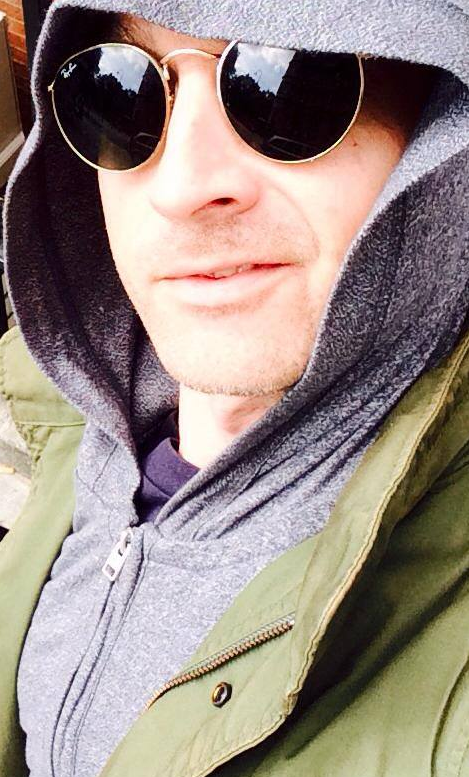
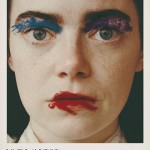
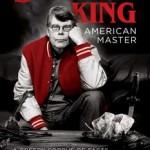

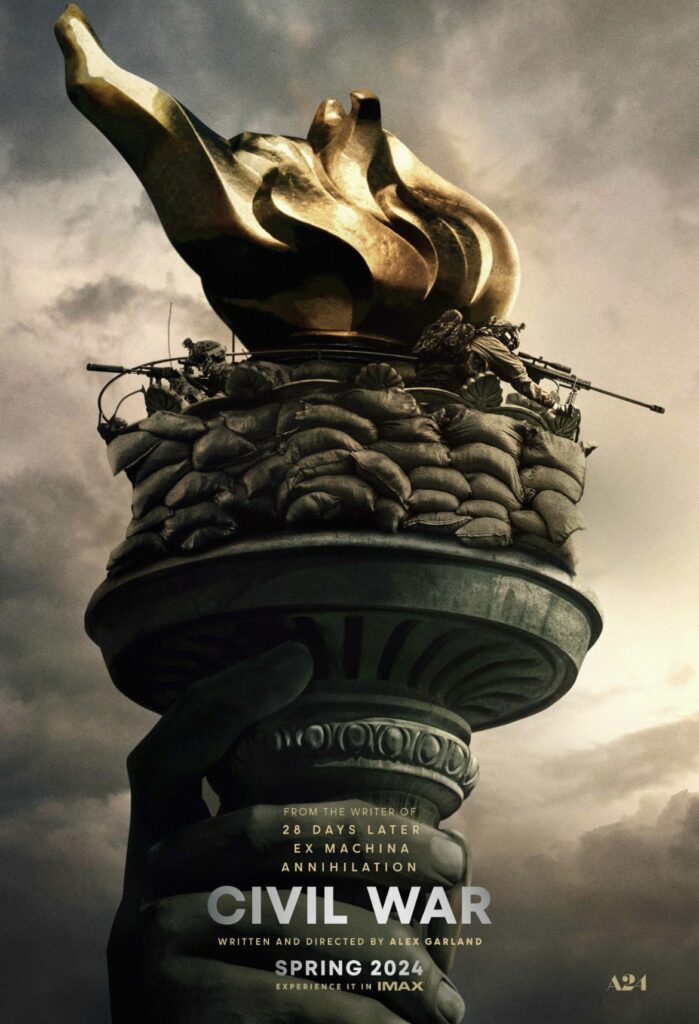 CIVIL WAR – Alex Garland
CIVIL WAR – Alex Garland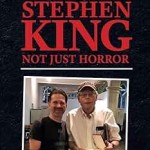 (English) STEPHEN KING NOT JUST HORROR – Hans-Ake Lilja
(English) STEPHEN KING NOT JUST HORROR – Hans-Ake Lilja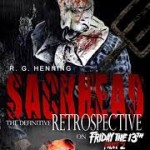 (English) SACKHEAD:The Definitive Retrospective on FRIDAY THE 13th PART 2 – Ron Henning
(English) SACKHEAD:The Definitive Retrospective on FRIDAY THE 13th PART 2 – Ron Henning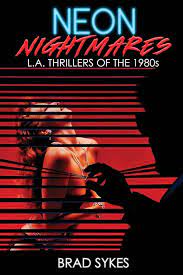 (English) NEON NIGHTMARES: L.A. Thrillers Of The 1980′s – Brad Sykes
(English) NEON NIGHTMARES: L.A. Thrillers Of The 1980′s – Brad Sykes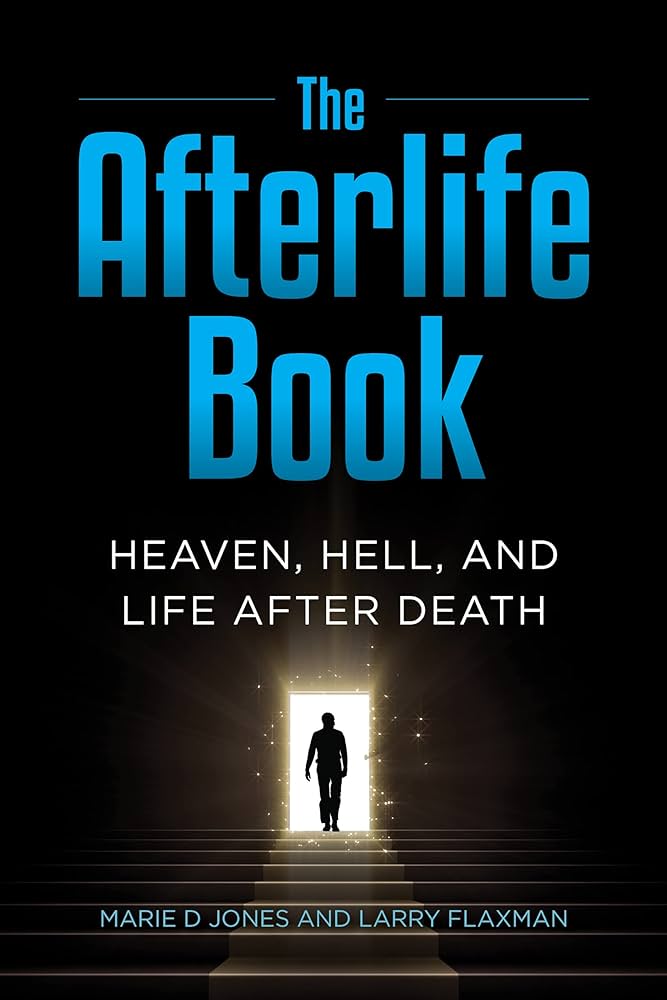 (English) THE AFTERLIFE BOOK: Heaven, Hell, And Life After Death – Marie D. Jones &
(English) THE AFTERLIFE BOOK: Heaven, Hell, And Life After Death – Marie D. Jones &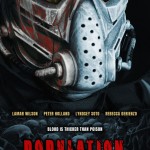 (English) POPULATION PURGE – Brian Johnson
(English) POPULATION PURGE – Brian Johnson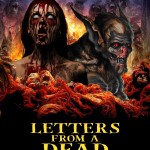 (English) LETTERS FROM A DEAD WORLD – David Tocher (review & interview)
(English) LETTERS FROM A DEAD WORLD – David Tocher (review & interview)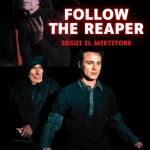 Trailer per FOLLOW THE REAPER di Eros Bosi
Trailer per FOLLOW THE REAPER di Eros Bosi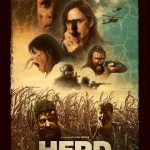 HERD – Steven Pierce
HERD – Steven Pierce